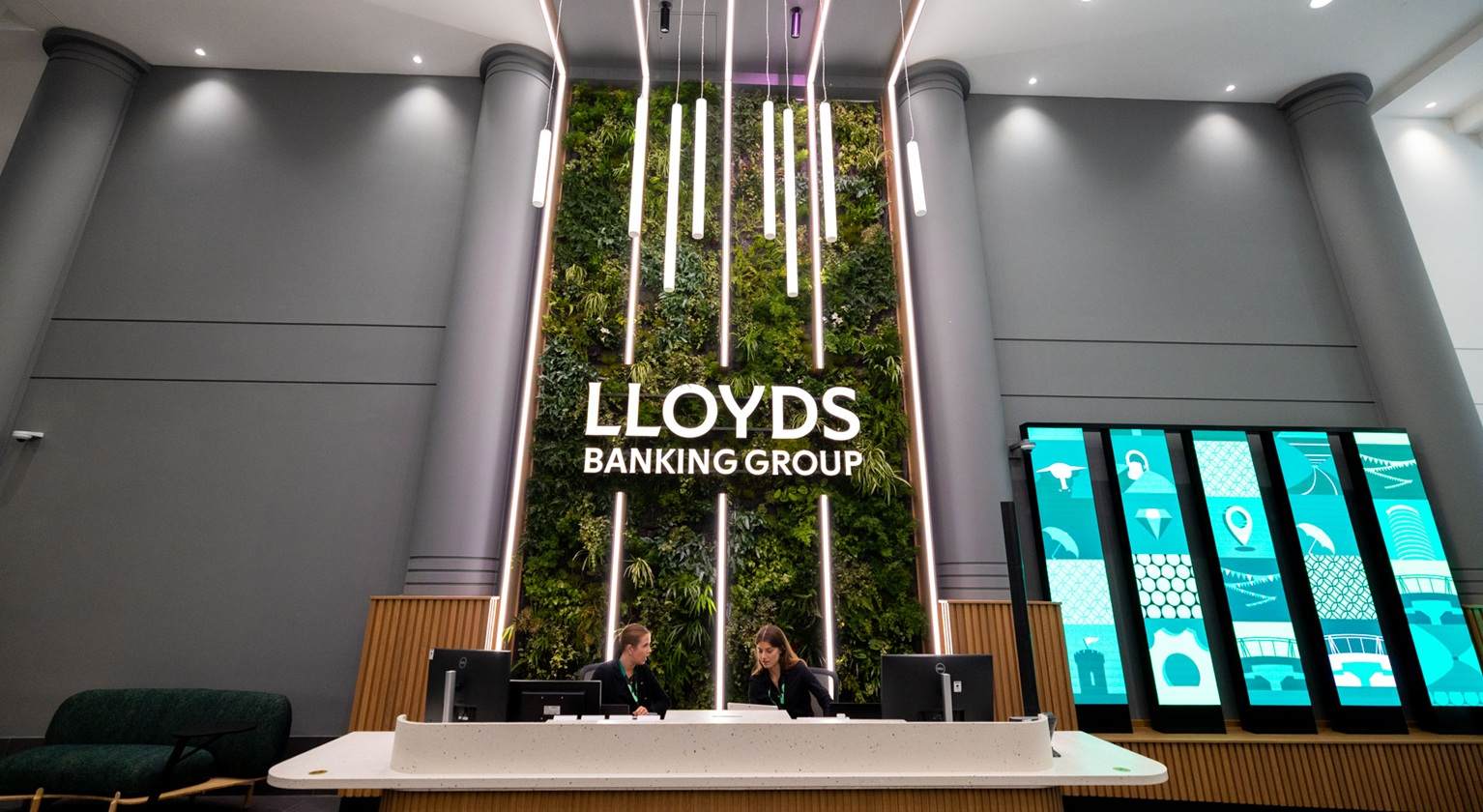Tokenisation
Cryptocurrencies have been with us for some time, and as public awareness has grown, we have grown accustomed to the use of terms such as distributed ledger technology (DLT), a term sometimes used interchangeably with blockchain.
DLT enables transactions without the need for a central authority. The same design principle also underpins decentralized finance (DeFi), facilitating peer-to-peer financial transactions.
Tokenisation has been a transformative design principle of DLT, allowing assets of value to be subdivided (fractionalised) whilst adding higher levels of security that allow packages of data and programming to be transmitted between “owners.” Tokenization and fractionalisation of financial instruments and physical assets will make ownership of these types of assets more accessible. In 2025, the integration of DLT and DeFi technologies and principles into mainstream finance is expected to accelerate, opening up new markets for the everyday consumer which previously were only accessible to high net worth individuals and corporations.
Here at Lloyds Banking Group, we are exploring the potential of DLT and tokenisation to enhance transparency, efficiency and security in financial transactions - our investments in Fnality and Coadjute are a reflection of these future opportunities.
How might payments change in 2025?
The payment technologies landscape continues to evolve rapidly, driven by technological advancements and changing consumer expectations. For example, in August 2024, Apple announced it would widen NFC access within the EU, allowing third parties to offer NFC payments on iPhones, fostering innovation in the digital wallets market. Moreover, the UK Government’s National Payments Vision outlines ambitions for a world-leading payments ecosystem, providing consumers and businesses with a variety of payment options.
Instant payments, including account-to-account (A2A) transactions, are gaining traction. A2A payments are enabled through open banking technology, allowing each of us to give permission for businesses and individuals to be paid directly from our bank accounts – Moneyhub (which we invested in, in 2022) started out as an open banking technology. The European Payments Initiative (EPI) launched a pan-European digital wallet called Wero in 2024, designed around instant payments and a user-friendly experience, which is expected to increase A2A transactions in 2025 and beyond.
The Group is committed to staying at the forefront of payment innovations. Through adopting and investing in new technologies and forming strategic partnerships like we have done with Form 3 in our payments infrastructure, we are creating a resilient and modern payments core that allows further innovation in payment journeys benefiting customers and the UK payments ecosystem.














